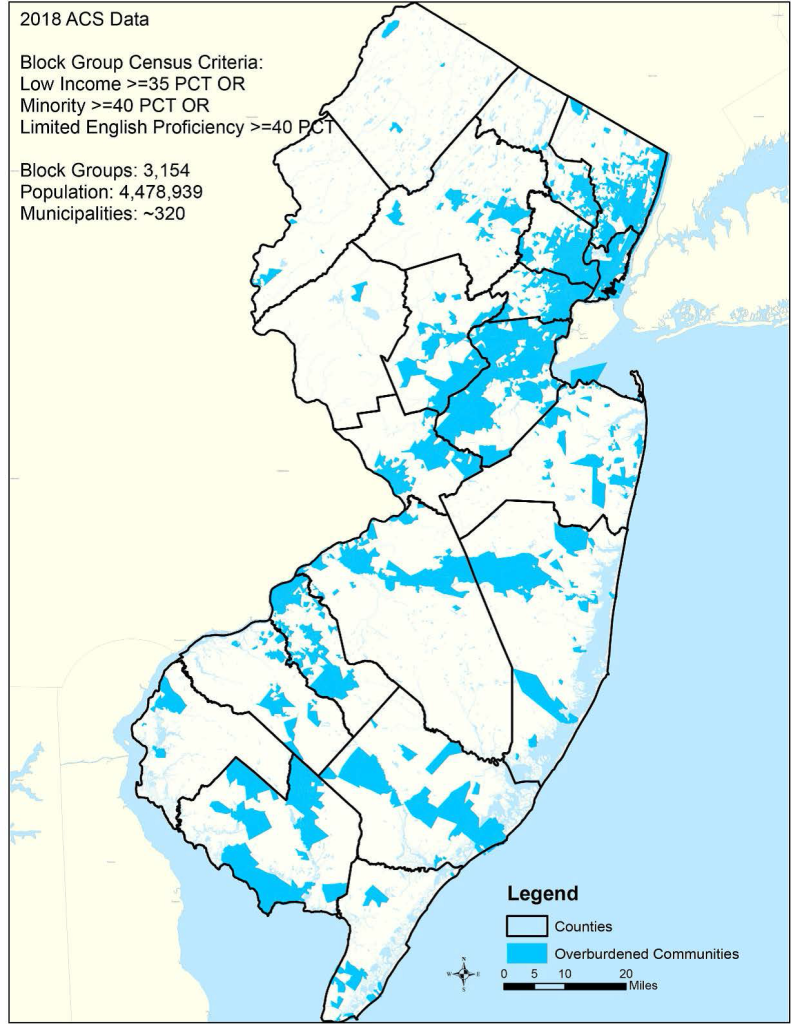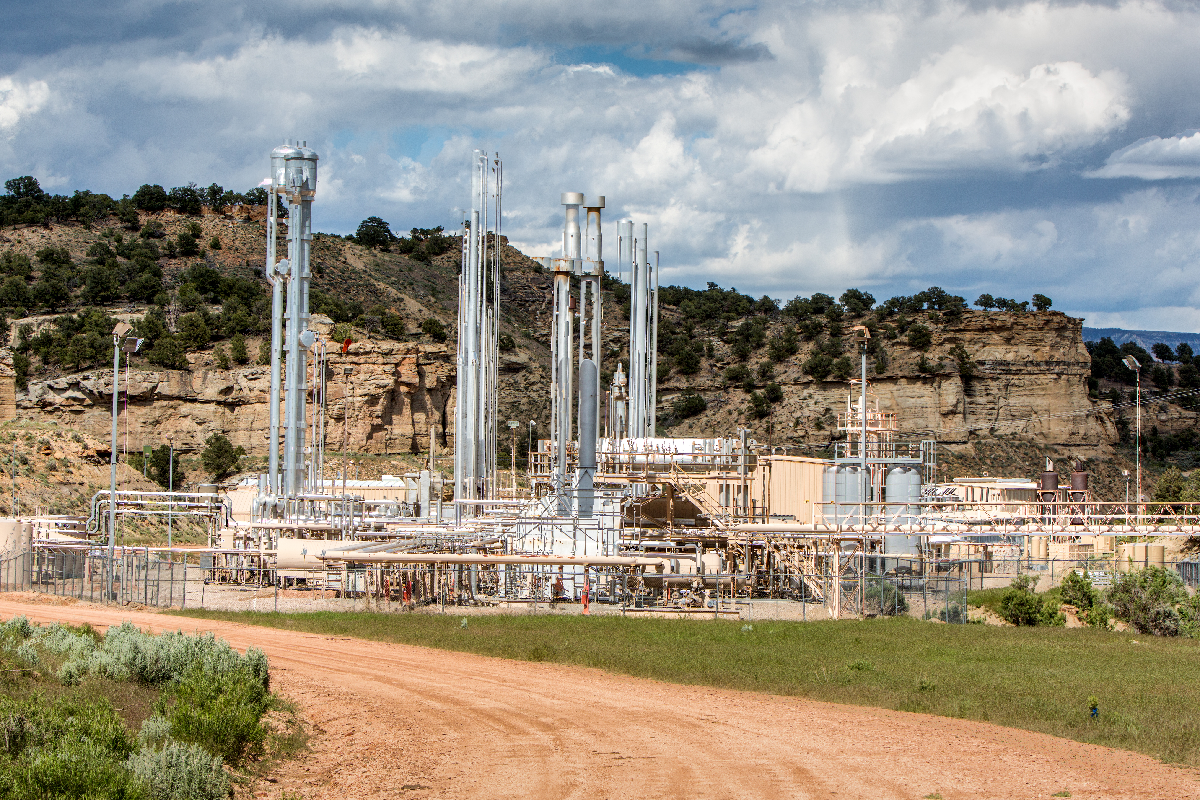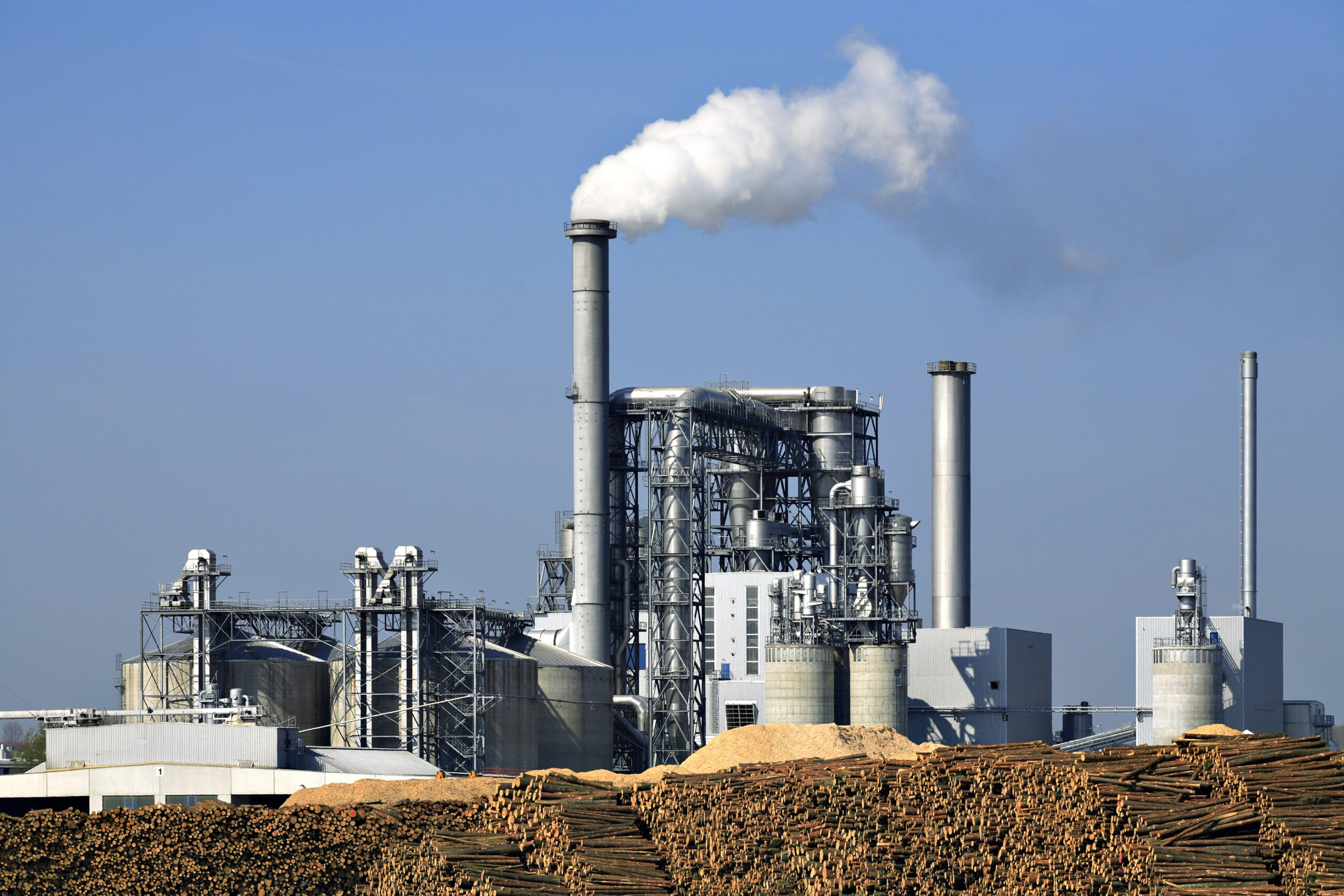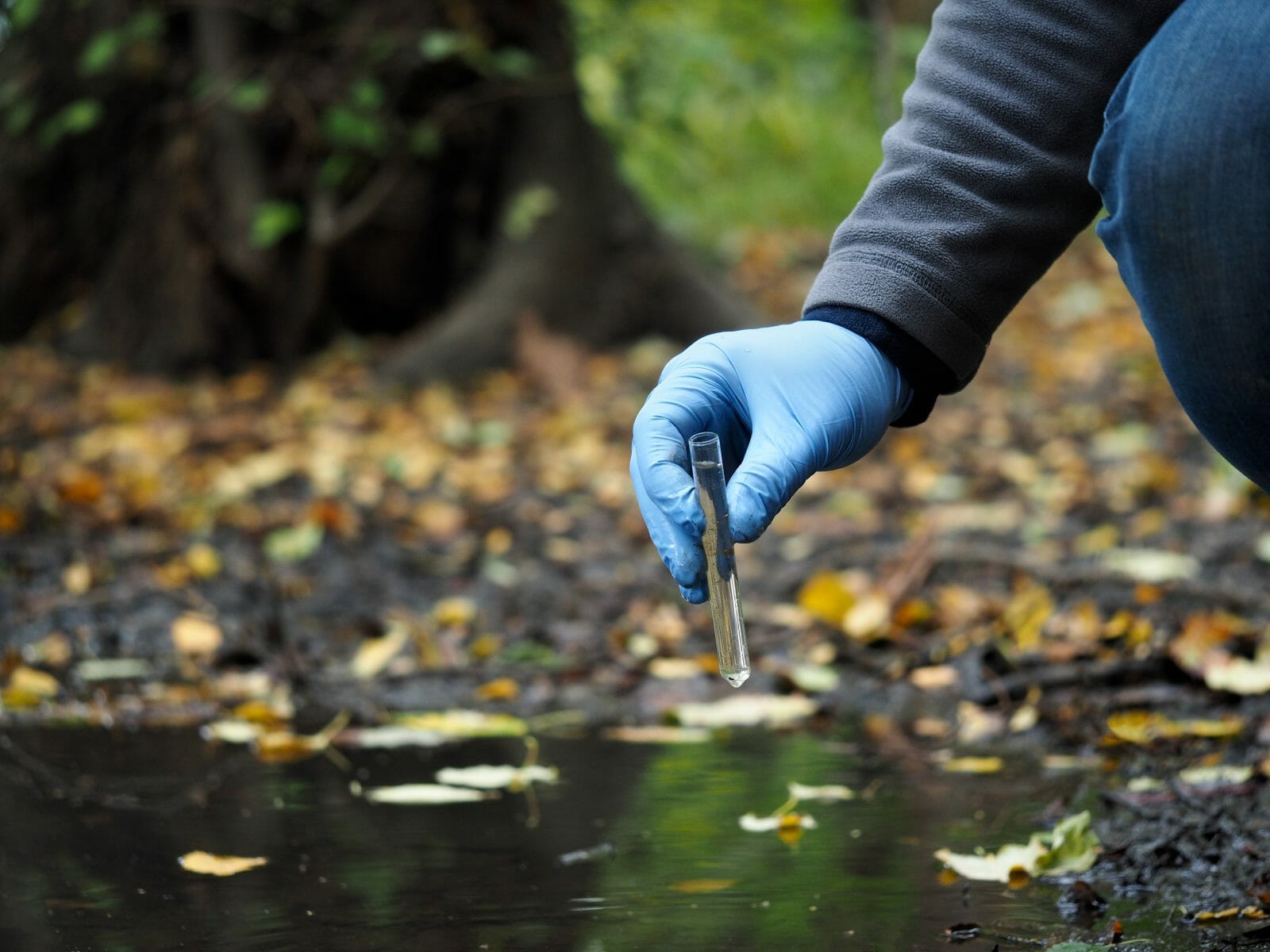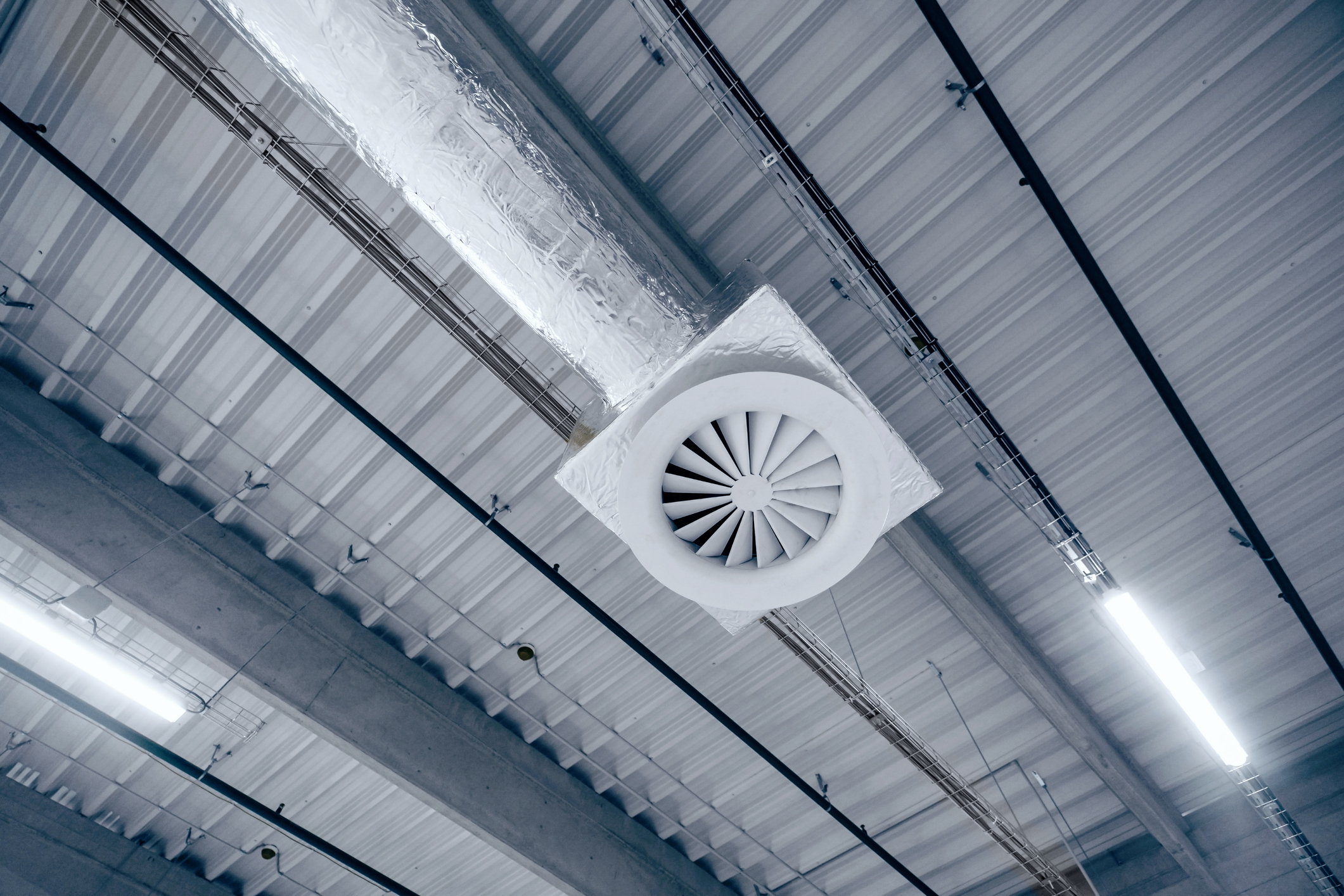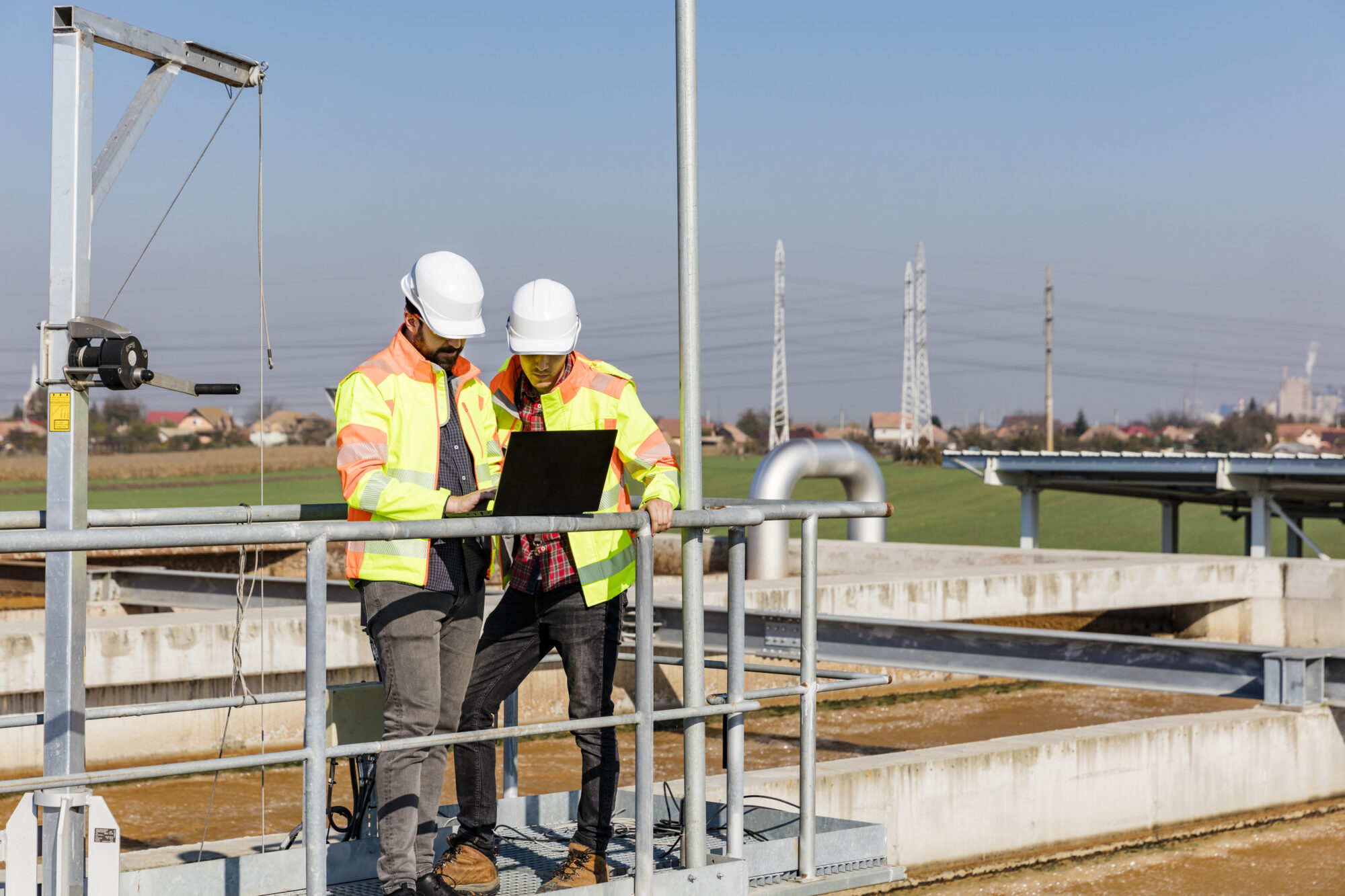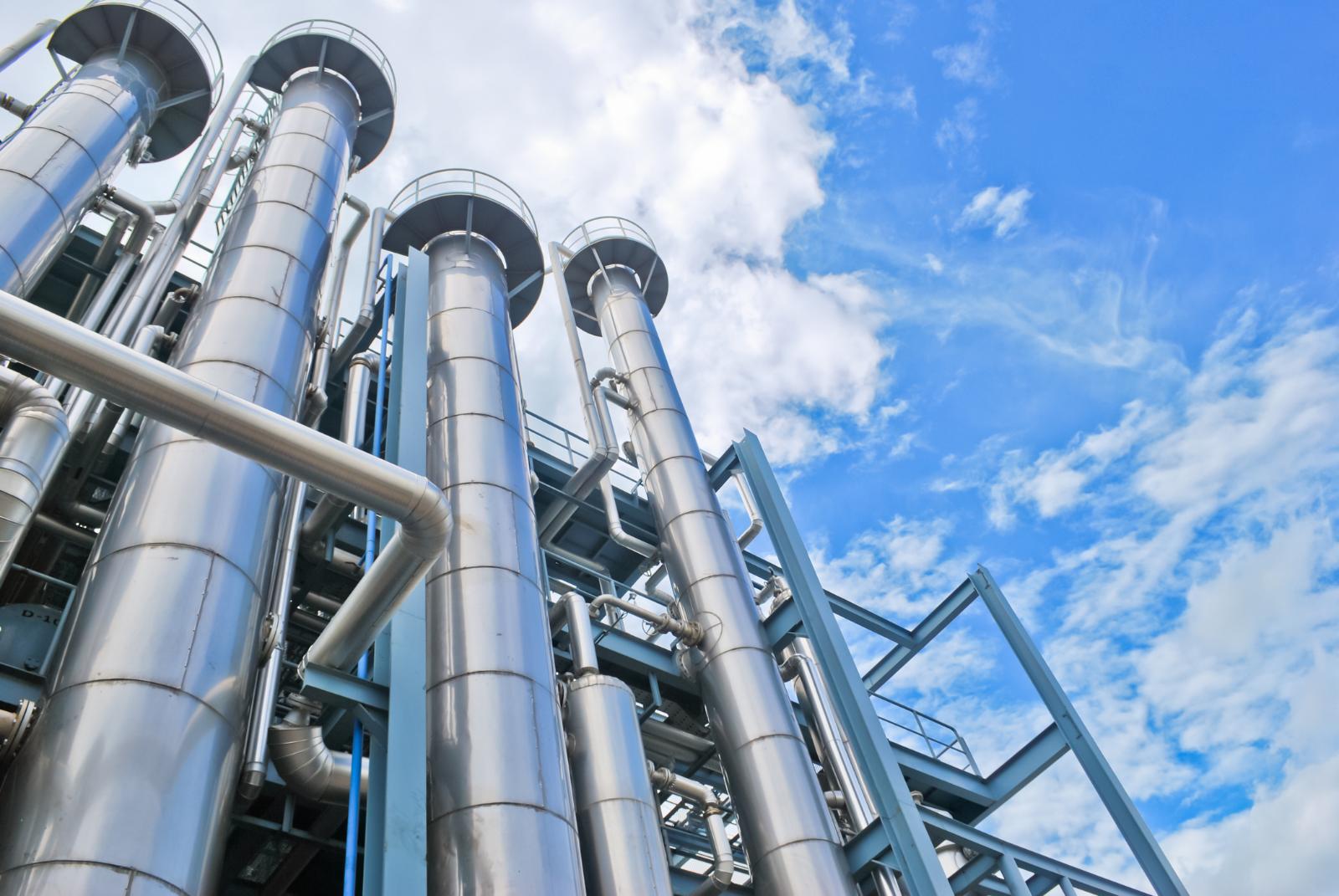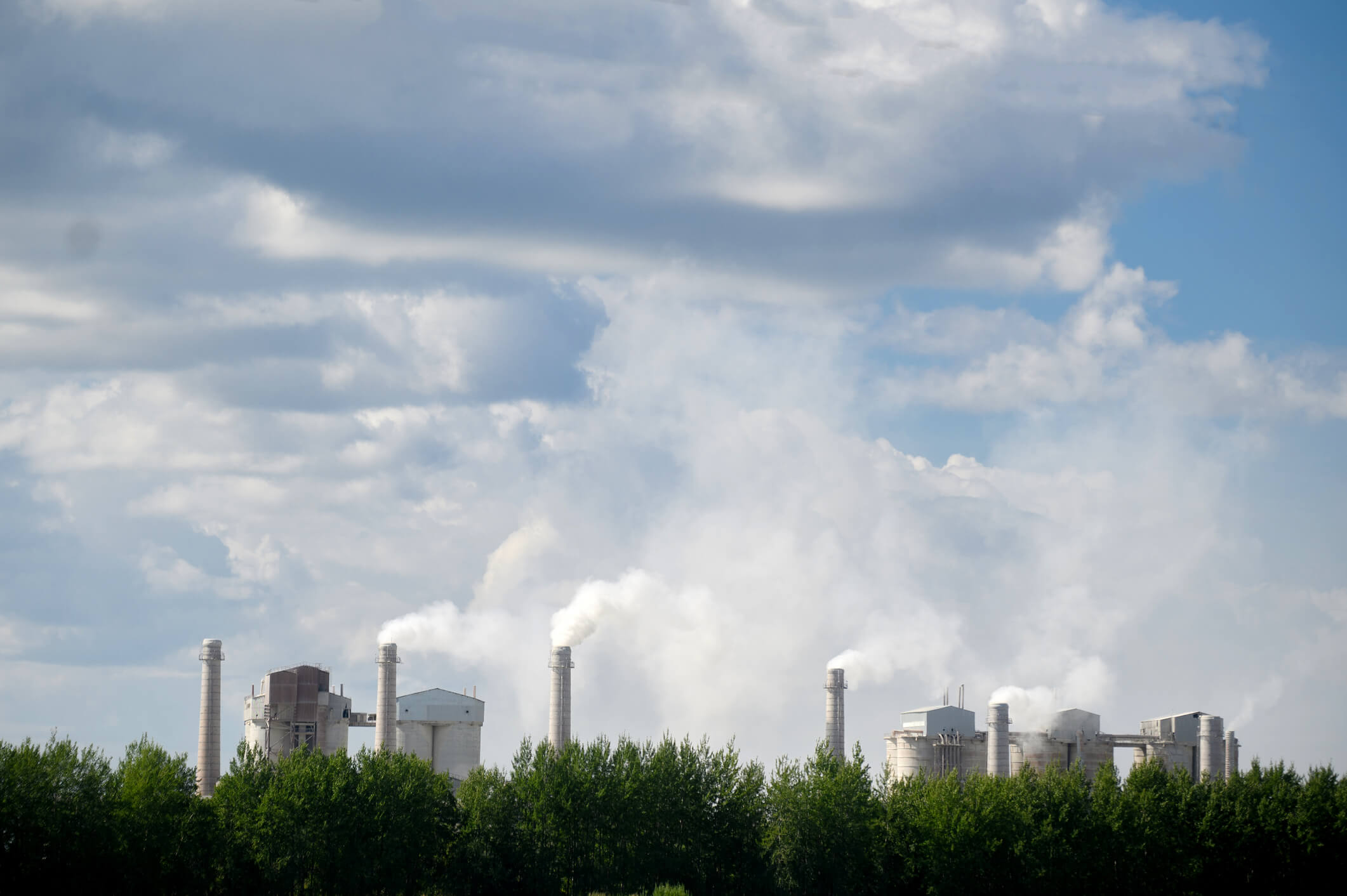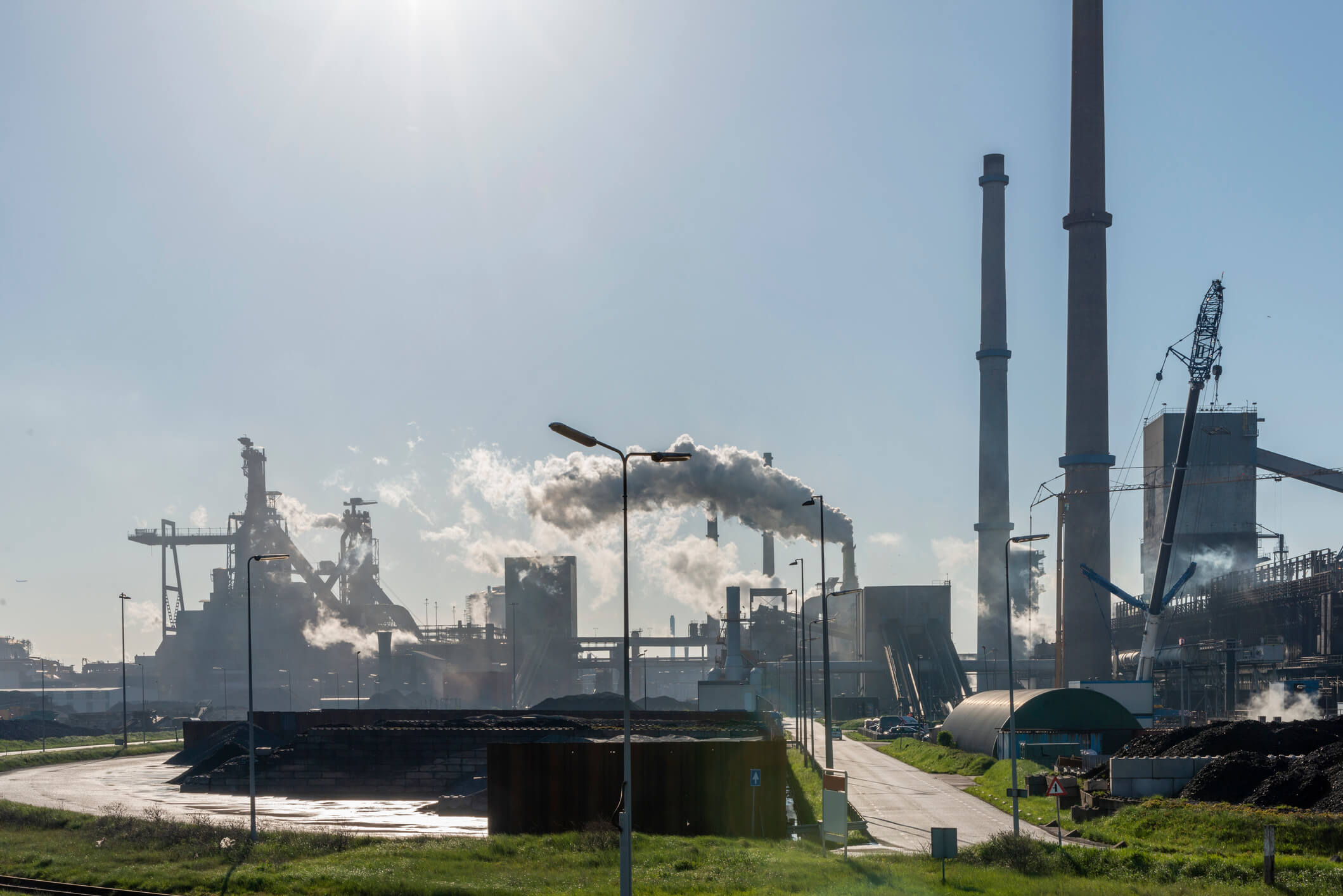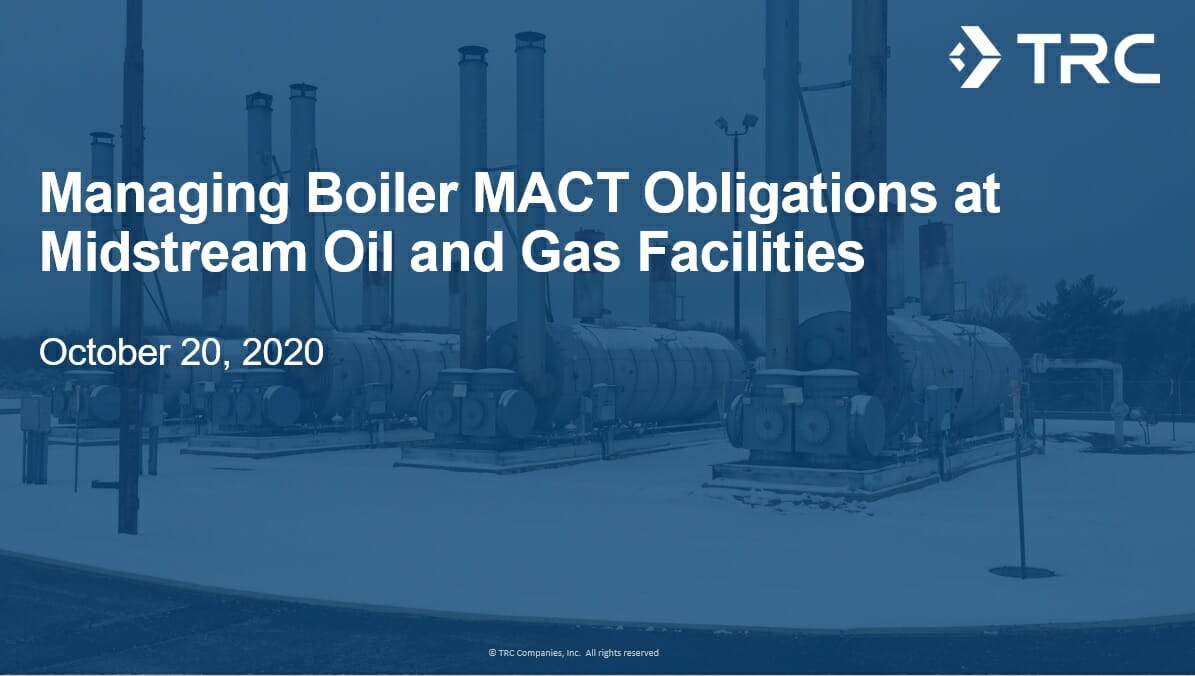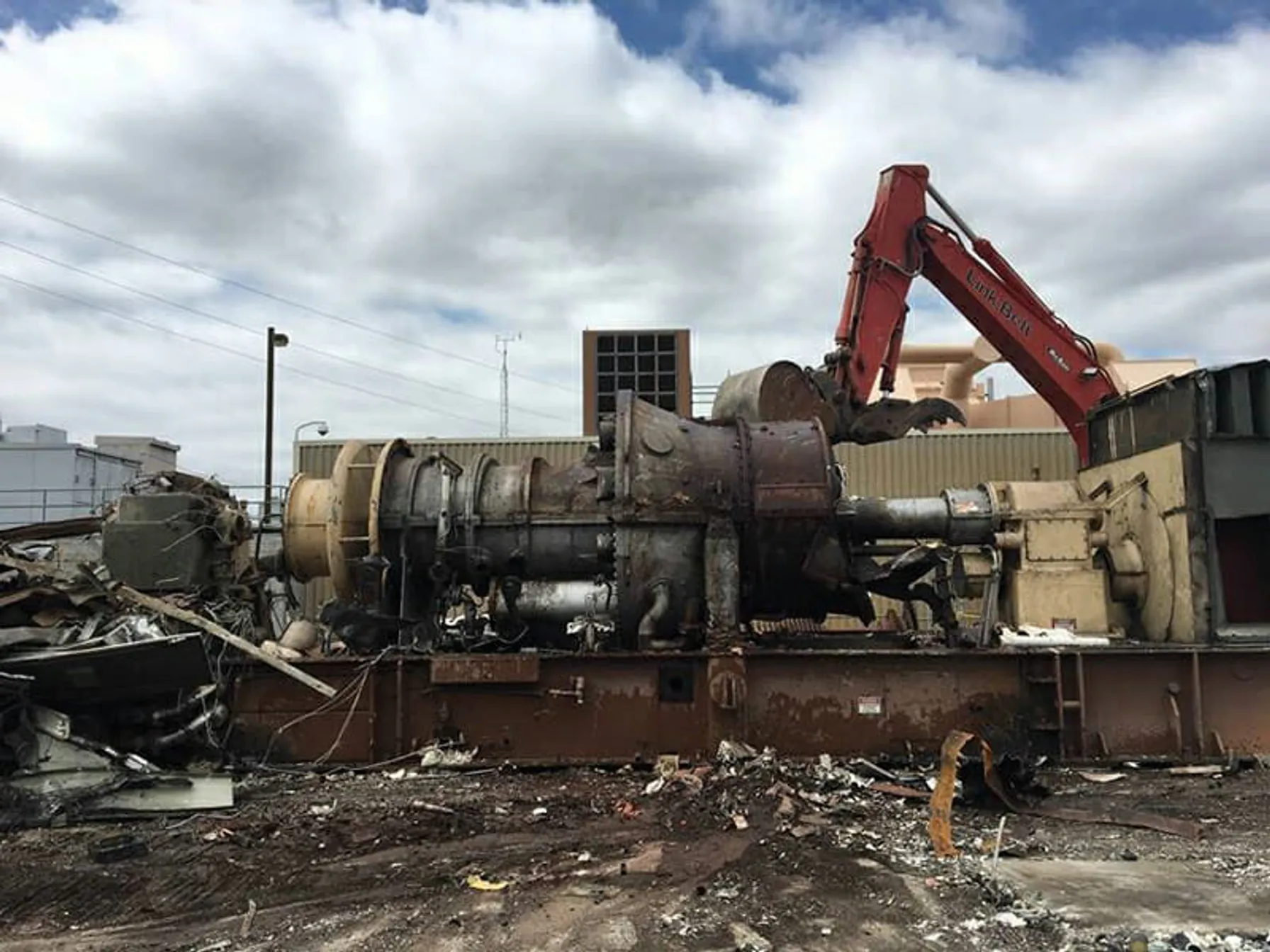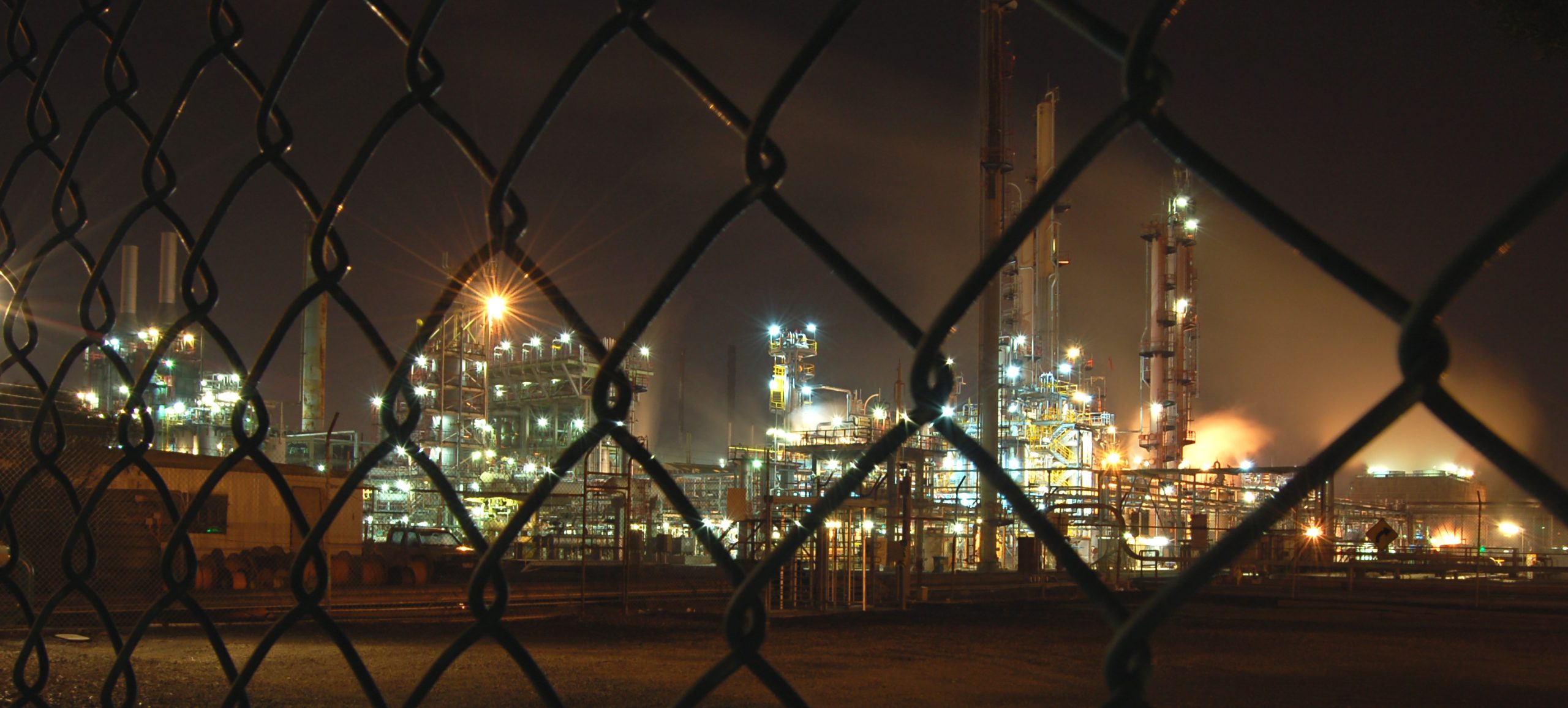On September 18, 2020, New Jersey enacted landmark environmental justice legislation, which imposes environmental justice requirements on environmental permit applicants in the State. Environmental justice (EJ) is the fair treatment and meaningful involvement of all people regardless of race, color, national origin, or income with respect to the development, implementation and enforcement of environmental laws and regulations. Fair treatment means no group of people should bear a disproportionate share of the negative environmental consequences resulting from industrial, governmental, and commercial operations or policies.
The law’s requirements and geographical scope are the most far-reaching environmental justice legislation in the United States, requiring an EJ Impact Statement (EJIS) in initial permit applications and permit renewals for covered facilities located in overburdened communities. These overburdened communities include geographical areas with low-income, minority, or non-English speaking populations exceeding specified thresholds as defined by the law.
It is estimated that approximately 310 municipalities in New Jersey (out of a total of 565 municipalities) have at least one community that qualifies as overburdened, with populations totaling approximately 4,489,000 (see map below). Therefore, the impact of the legislation is applicable to the waste, wastewater, recycling industries, and all major air emissions source facilities throughout a majority of New Jersey.
The New Jersey Department of Environmental Project (NJDEP) will only grant or renew permits for certain facilities after determining that there is no disproportionate, cumulative environmental impacts on those overburdened communities.
Summary of Requirements
The new law requires facilities seeking to permit a facility near an overburdened community to submit an EJIS and hold public hearing(s) that are specific to EJ communities and requirements. The NJDEP may not consider the permit application without the required EJIS and must evaluate the cumulative impacts of the facility on overburdened communities before approving the application or permit renewals.
The overburdened communities include any of the following areas:
- Communities with at least 35% of the households that qualify as “low-income households” (i.e., at or below twice the poverty threshold); or
- Communities with at least 40% of the residents that identify as minority or as members of a State recognized tribal community; or
- Communities with at least 40% of the households that have limited English proficiency.
The law imposes new requirements for obtaining permits for certain facilities located in overburdened communities, including facilities that are major sources of air pollution; resource recovery facilities or incinerators; sludge processing facilities, combustors, or incinerators; large sewage treatment plants; transfer stations, large recycling facilities, and landfills.
The permit applicant must also host a public hearing and consider public comments, and it must submit a transcript of the hearing and a copy of the comments to the NJDEP. The NJDEP must then consider those materials, along with the required EJIS, in evaluating the permit. If the facility will disproportionately impact the overburdened community, the NJDEP must deny the permit unless it will serve a compelling public interest in the community where it is to be located. The NJDEP may also impose conditions on a facility permit for expansion or renewal upon reviewing the EJIS and establishing a finding that approval would similarly contribute to adverse cumulative environmental or public health stressors.
The EJIS will include an analysis of purpose and need, alternatives, and the affected environment and effects of the proposed project on public health stressors. The public health and environmental impact statement will include an analysis of existing conditions, proposed facility operation and regulatory requirements, assessment of environmental and health impacts, and the potential for adverse impacts and mitigative measures.
The law defines “environmental and public health stressors” as “sources of environmental pollution, including, but not limited to, concentrated areas of air pollution, mobile sources of air pollution, contaminated sites, transfer stations or other solid waste facilities, recycling facilities, scrap yards, and point-sources of water pollution.” The health stressors also include conditions that may cause potential public health impacts, including, but not limited to, asthma, cancer, elevated blood lead levels, cardiovascular disease, and developmental problems in the overburdened community.

Recommended Actions
The requirement to file an environmental justice impact statement will go into effect immediately upon the NJDEP’s promulgation of implementing rules and regulations that are currently being developed. Companies with operations in New Jersey should determine if any of their facilities are included in the list of covered facilities and are located in an overburdened community. Entities that operate or plan to operate facilities within overburdened communities should be prepared to file an EJIS with future permit applications and to hold public meetings. They should also be prepared for NJDEP to enforce this legislation aggressively going forward.
The permitting of new facilities, modification of existing facilities, and the renewal of major source air operating permits will become more time consuming and challenging in New Jersey for applicants located in overburdened communities. The impacts of this legislations will be felt in the waste, wastewater, and recycling industries and at most of the 262 facilities in New Jersey with major source air permits. For projects located in overburdened communities, the additional permitting and public involvement time, cost, and technical assessments should be included in the project licensing plan once the new NJDEP EJ regulations and guidance are effective.
TRC Can Help
TRC has experts in environmental justice analysis who can jointly provide development of environmental justice impact statements, including assessments of air quality, health risk , water quality, hazardous waste, socioeconomics, and GIS. TRC can assist your company with development of your public outreach efforts and will help your company stay ahead of the curve in the area of environmental justice laws and regulations.
TRC has offices located throughout the United States with mid-Atlantic offices in New Jersey, New York, and Pennsylvania with technical expertise in all aspects of environmental justice analysis and can lead your company through the permitting and public involvement process. TRC is a leader in supporting New Jersey companies through preparation of air quality permit applications for major air sources and preparing analyses of impacts to air quality and public health. TRC has successfully navigated the environmental justice laws throughout the United States and is well prepared to assist your company with New Jersey’s comprehensive Environmental Justice law.
For more information, download the New Jersey Environmental Justice Law at https://www.nj.gov/dep/ej/policy.html#ejlaw or contact Darin Ometz at dometz@trccompanies.com.
Embrace The Shift
Partner With TRC’s Tested Practitioners



